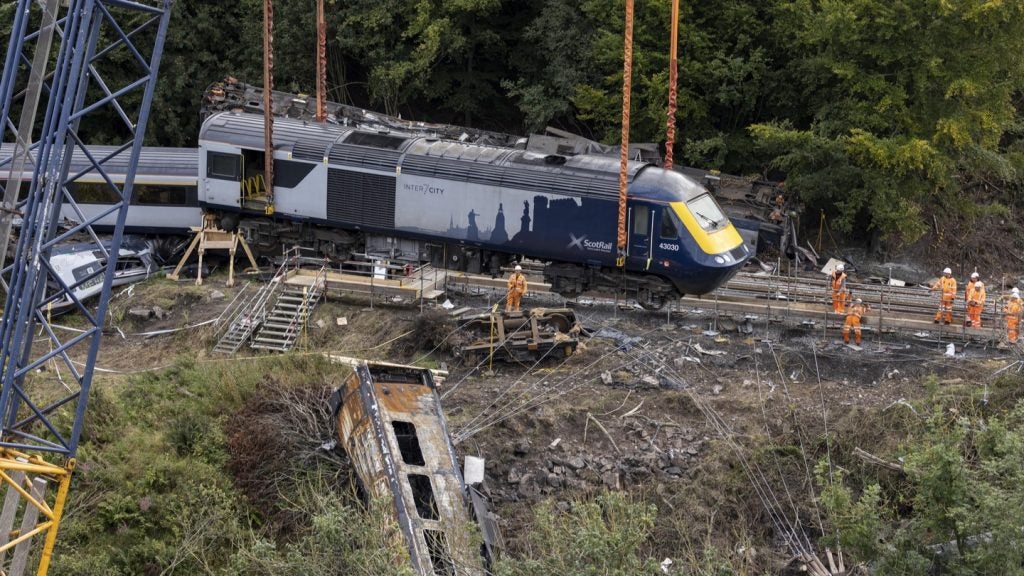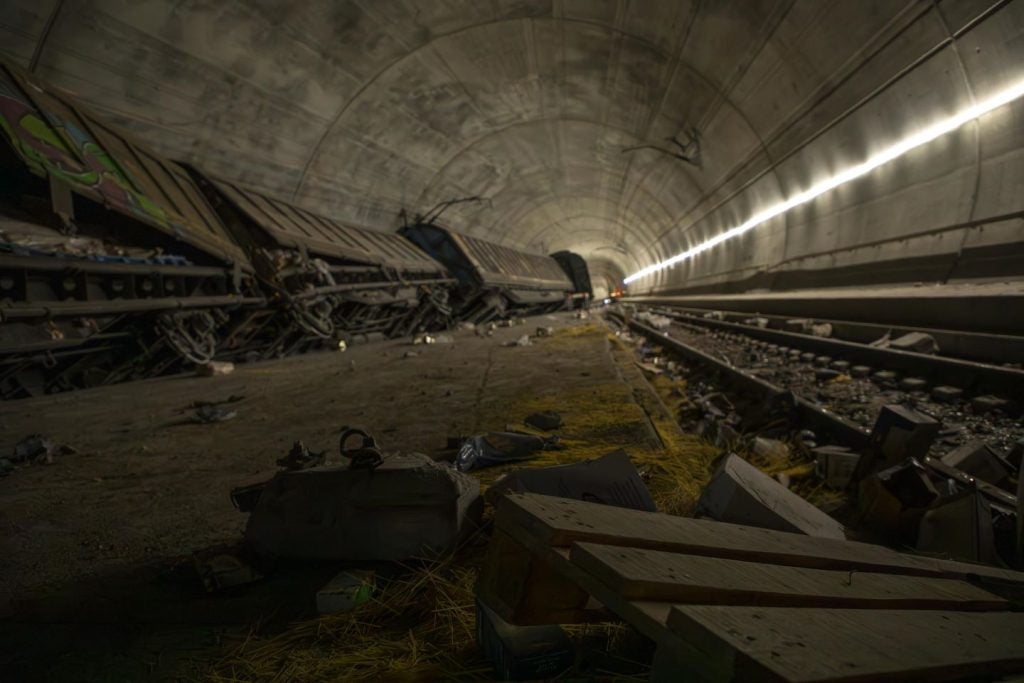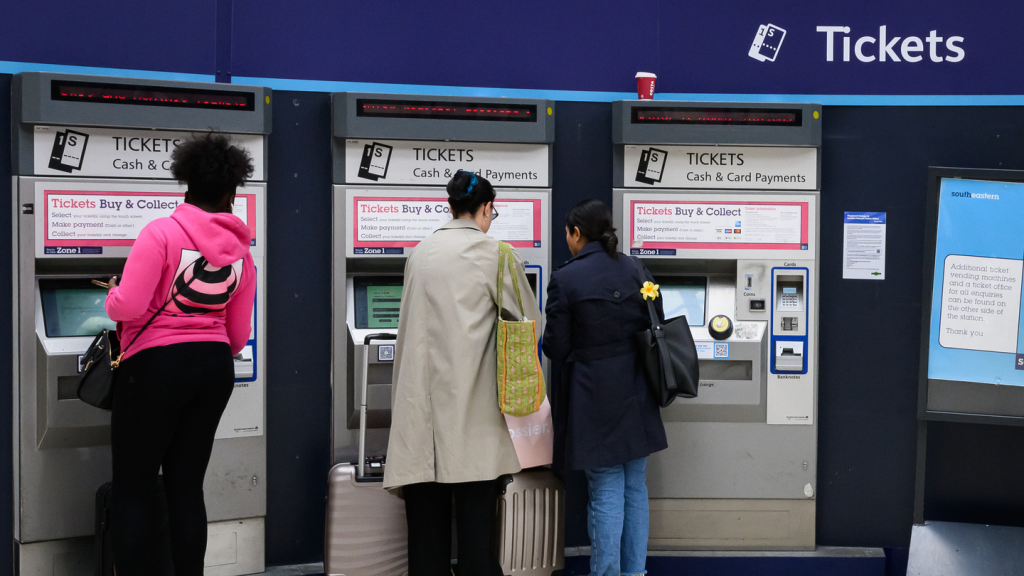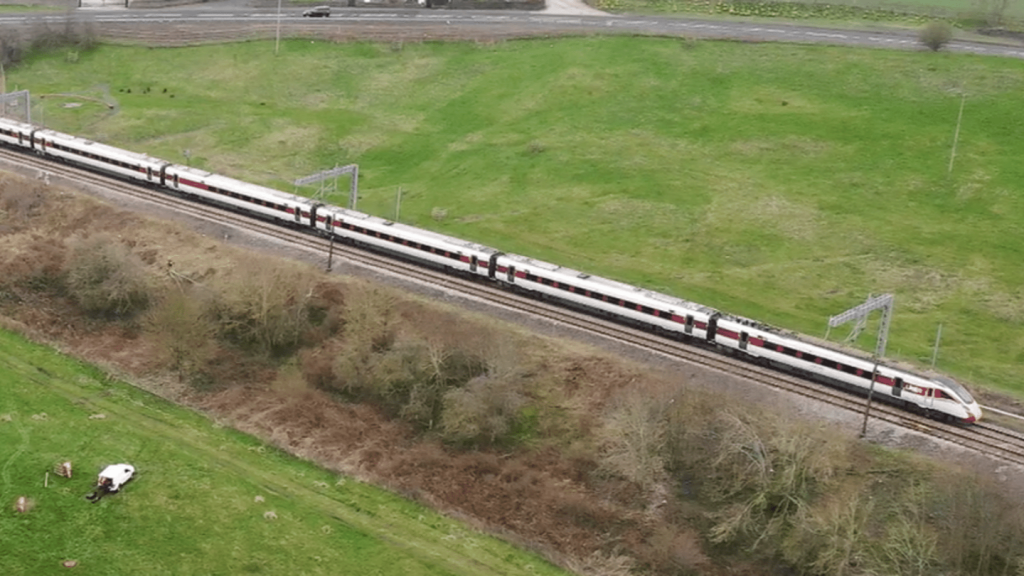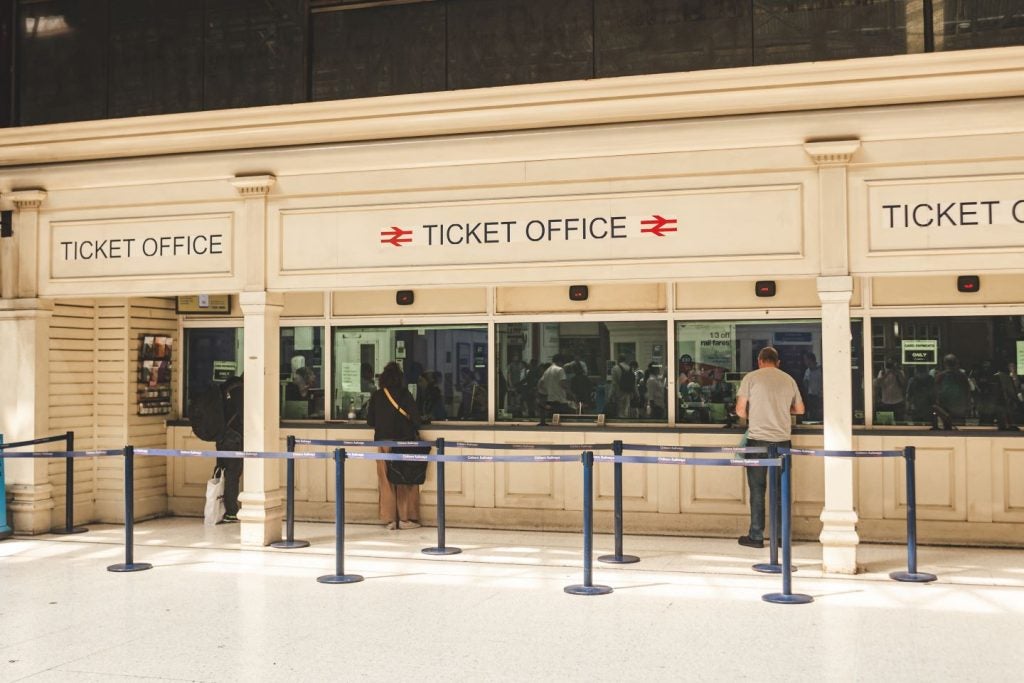Network Rail has admitted several health and safety failings around the derailment of a train near Stonehaven that led to the deaths of three people in 2020 during a High Court trial in Scotland.
The UK’s railway network owner admitted to a charge, split into five parts, covering the exposure of staff to the risk of serious injury and death and a failure to impose an emergency speed restriction at the time of the crash.
Though the accident took place in August 2020, the charge covers an almost decade-long period between May 1, 2011 and August 12, 2020, by going back to the construction of a drainage asset by the tracks, which Network Rail admitted it had failed to ensure had been constructed properly.
During the appearance at the Aberdeen High Court, Network Rail admitted to two breaches of the Health and Safety at Work Act 1974 and that it had not had a suitable training and quality system in place to assess weather forecasts, which meant the organisation did not hold an emergency meeting on the day of the accident to discuss the extreme weather conditions.
The incident in question occurred after heavy rainfall on August 12, 2020, when a train running the early morning Aberdeen to Glasgow service derailed after hitting landslide debris at Carmont, injuring six people and killing three.
The deaths include train driver Brett McCullough, conductor Donald Dinnie and a passenger called Chris Stuchbury.
A report written after the incident by the Rail Accident Investigation Branch made 20 recommendations to Network Rail about the improvement of safety on the UK’s railway tracks, which the organisation has said it has been committed to implementing.
In a statement released before the court hearing, Network Rail said it had invested millions of pounds into improving the resilience of the railway and its response to extreme weather events.
A spokesperson said: “Immediately after the accident, we inspected all similar locations across Britain and we also conducted a full survey of all types of trackside drainage on Scotland’s Railway.
“We have also changed how we manage the running of train services during periods when severe weather warnings are in place and have introduced a new team of weather experts to our control room to provide around-the-clock, real-time analysis on how the weather may affect Scotland’s Railway.”


